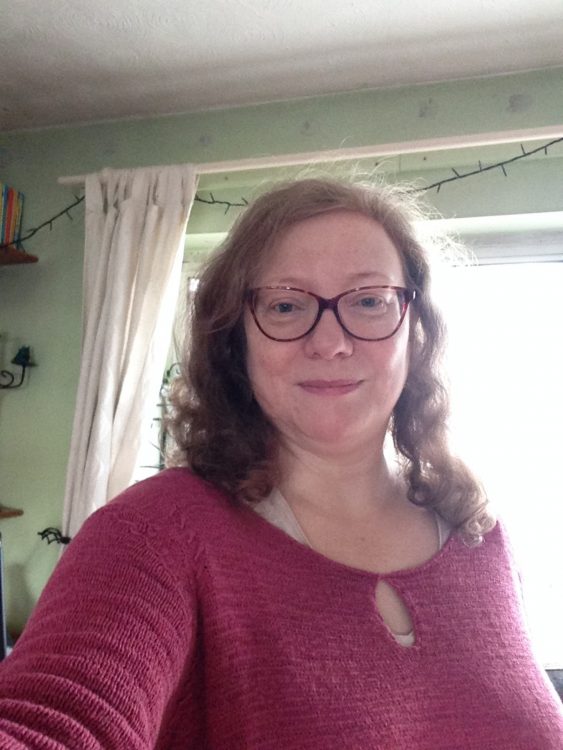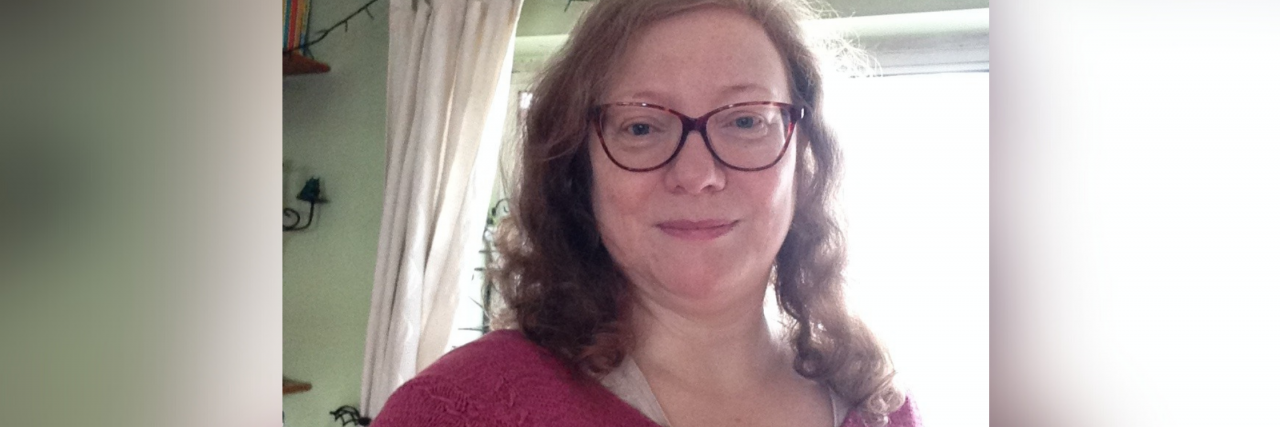What Helps Cathy, 55, With Anxiety
Editor's Note
Any medical information included is based on a personal experience. For questions or concerns regarding health, please consult a doctor or medical professional.
With our ongoing “What Helps Me” series, The Mighty is leaning into what sets us apart from other health sites: We aim to provide real health advice from real people who live it.
In this spirit, we asked our community for the best insights and tips they’ve developed for managing their conditions. As always, they responded with their unique health stories and we are happy to pass along their well-tested resources to you.
Responses have been lightly edited for clarity.
Today, we meet Mighty member Cathy. She is 55 years old and lives with anxiety.
Cathy, what helps you?

THE MIGHTY: What helps you most when your condition affects your physical health?
CATHY: Meditation always helps me as it reduces the tension in my body, which is where a lot of my physical symptoms come from. I also use cognitive behavioral therapy (CBT) techniques to remind myself that my emotions will pass, and I will feel better. Yoga — if I feel well enough — is also a big help.
What helps you most when your condition affects your mental health?
Exercise is probably the thing that helps me most. I try to practice yoga every day — 10 minutes in the morning and 15 minutes in the evening. Yoga helps me release any tension I am holding in my body and makes me focus on self-care. Getting outside — even if it is only going into the garden for 10 minutes — helps me. The most effective thing I can do for my mental health is running. The difference it makes in my mood is extraordinary! Unfortunately, niggling injuries and illnesses mean I can’t always do this — it is very frustrating! I use the “Couch to 5k” app because I can choose a run appropriate for my fitness level.
How do you cope when your normal self-care isn’t working?
I ask for help. This has been a learning curve for me because I really don’t like asking for help. I always used to feel like a burden if I had to turn to other people, but I have learned that just as I am happy to help others when they reach out to me, “soothers” are happy to help me when I am in need. It is important to choose the right people for support — those who are understanding and empathetic. Turning to the wrong person can be catastrophic. In my darkest times, when I am fighting thoughts of suicide and self-harm, I find myself repeating “These are just thoughts. They will pass — just hang in there.”
Thank you to Cathy for her contributions to our community. Did you find this helpful? Add your gratitude in the comments.
If you want to tell us what helps you, you can complete our survey here.
Image via contributor.

